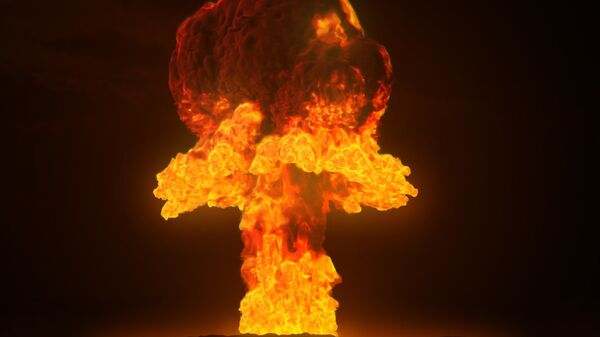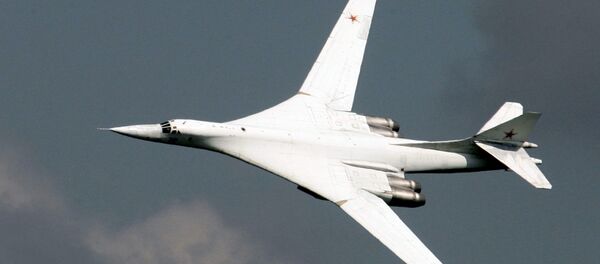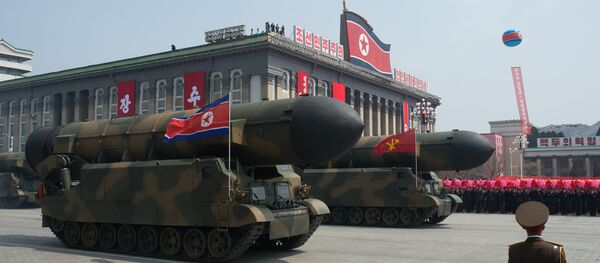"A greater reliance on automated systems can lead to misplaced confidence while introducing new points of vulnerability," the report reads, explaining that "hidden interactions" between the drones, satellites, networks and sensors that now make up the military landscape could lead to catastrophic misunderstandings.
Such an incident nearly unfolded in 1983 when a Soviet nuclear early warning system detected five missiles headed toward Moscow, ostensibly launched from the US. The man in charge of informing Soviet authorities of an attack, Lt. Col. Stanislav Petrov, reasoned that the system must have malfunctioned, as it wouldn’t make sense for the US to conduct an attack that would all but guarantee retaliation. Luckily, Petrov was correct, Defense One reported.
Today, the UN report’s authors write, "The complex interactions and tightly coupled systems linked to nuclear arsenals (like those for early warning, and launch command and control) have made 'accidental war more likely.'"
More nuclear nations, and more nukes in those nations, exacerbates the risk. Washington, for instance, is planning to develop a nuclear cruise missile — a long-range standoff weapon (LRSO) that can be fired from a fighter jet — and is considering developing remote-controlled nuclear-armed drones.
In the report, Russian arms expert Pavel Podvig wrote, "The spread of other systems, such as cruise missiles and drones, and their increasingly frequent use in military conflicts can also add to the complexity of the situation, as can the development of capabilities to detect missiles."
Podvig also noted that "The intensity of interactions between the United States and Russian militaries, although lower than during the height of the Cold War, does not show signs of decreasing."
US President Donald Trump, who mandated the arsenal review in a late January memo, recently told reporters, "We’re not getting along with Russia at all … we may be at an all-time low."
In the memo Trump called for a review to assess "readiness, conditions, including training, equipment maintenance, munitions, modernization, and infrastructure," adding that, "The Secretary shall initiate a new Ballistic Missile Defense Review to identify ways of strengthening missile-defense capabilities, rebalancing homeland and theater defense priorities, and highlighting priority funding areas."




